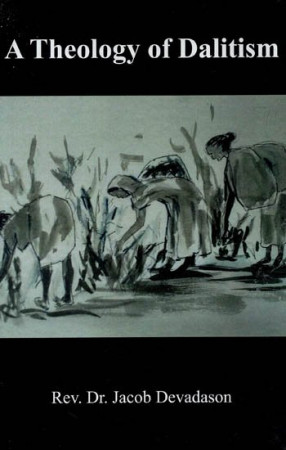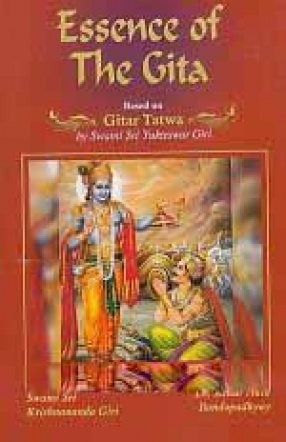A Theology of Dalitism
Wherever God 'keeps company with the companionless among the poorest, the lowliest, and the lost" is the new locus theologicus.These words from Tagore provide the basis for the need of a contextual theology on Indian soil because it explains the contextual reality of the oppressed and socially excluded. In every local theology, the regional conditions or contexts are included. Theology in India has always attempted to relate itself to the conditions of India. But there is a change in the situation in India and this is because of people's awareness of their identity and consciousness of their place and role in their society; that is, the changed present day Indian context poses a serious challenge to theology. Unless the changed Indian context is much more seriously taken into account, theology cannot and will not serve any useful purpose. The emergence of the Dalit theology has to do with the challenge that is posed by the Indian context. In the classical way of doing theology, the theologians in the relative calm and seclusion of the seminary or university or monastery, detached from the world of their surroundings, reflect on the texts of the past as their basic resources and produce large and scholarly forms of Systematic Theology; that is, theology, in the classical way, is understood as an academic discipline, a methodological quest, and therefore as an individual's intellectual pursuit after truth. This point is clearly brought out by Western Churches in their discussion with the Christian Conference of Asia in 1976. The position paper from the Western Churches read as follows. Theology is understood as an academic discipline which feels entitled, because of its declared commitments to the principles of a methodological quest for truth, to a definite place in the modern university. Its specific subject is the testimony of faith as contained in the scriptures and interpreted in the traditions of Christianity. The hoped for results of this process are twofold: firstly, the believer is to be enabled to believe with intellectual honesty. Secondly, theology is to contribute to a proclamation of faith which is understandable to modern man in as much as his self-perception and general world view are shaped by science and philosophy. As far as the Church is concerned, theology is an ongoing process of criticism of Christian practice by the standards of an intellectual honest, intelligible faith.2. However, theology will fulfil its task only if it is for people -for people who strive for social justice and humanity. That is, the prime mission of theology is to give human life a certain direction and purpose because the subject of doing theology is human life. Only then can theology be a living option. In the Indian context, in which Christianity finds itself as a minority religion, it is necessary that theology strives to aid all people who struggle for justice, dignity of life and humanity. Very little attempt has been made in the past to understand the world views of marginalised people. In the past, rejection of Dalit religion was accompanied by the rejection of Dalit culture, and it is so even now. This approach to Dalit religion and culture cannot continue because the changed context of India warrants a different approach and poses a challenge to the classical way of doing theology.
Get it now and save 10%
BECOME A MEMBER







Bibliographic information